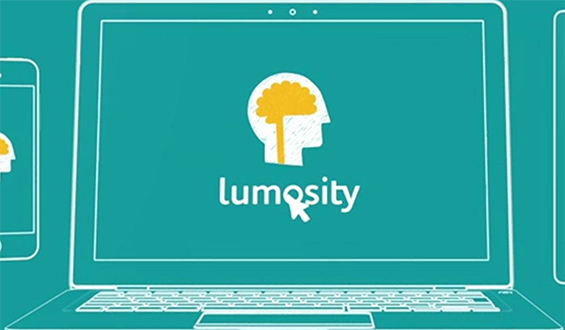
The developer of the popular program Lumosity, Lumos Labs, will be paying $2 million to settle allegations that it misled those who purchased its “brain-training” games.
The program advertised its set of 40 games as solutions to dementia and other neurological conditions, in addition to claims that it would improve work and school performance. Federal law says that a product can only claim to treat or prevent serious health conditions if it has been approved by the FDA, which Lumosity has not.
Nicholas A. Persky of Lexology wrote that the Federal Trade Commission also took issue with the lack of peer-reviewed studies to corroborate Lumosity’s claims. All of the research supporting Lumosity’s benefits (except for one study comparing the program to regular practice with crossword puzzles) was done by Lumosity or affiliates, violating FTC rules about material connections between a company and its endorsers. Lumosity successfully proved that users got better at the games over time, but did not have much evidence about the real-world benefits that supposedly went along with these improvements.
The company also neglected to disclose that some testimonials of its success were solicited with prizes.
FTC Bureau of Consumer Protection Director Jessica Rich said:
Lumosity preyed on consumers’ fears about age-related cognitive decline, suggesting their games could stave off memory loss, dementia, and even Alzheimer’s disease. But Lumosity simply did not have the science to back up its ads.
Lumos Labs did not admit any wrongdoing, and defended itself by stating that they hadn’t recently used disease-related terms in ad campaigns, writes Jennifer Alsever of Fortune, and that they had removed many of the most controversial claims from their website. They also pointed to the recent peer-reviewed study that appeared in the journal pLOS One and supported Lumosity’s claims.
The Federal Trade Commission downsized the settlement from $50 million to $2 million because of the company’s financial situation.
Despite the fine, the company plans to continue researching and providing its services to subscribers.
CEO Steve Berkowitz said:
We are at the forefront of a new and rapidly innovating field. There’s a lot of research that has been done but there is a lot more that can be done.
According to Megan Rose Dickey of Tech Crunch, Lumosity is also required to notify all of its customers who signed up for an auto-renewal plan between 2009 and 2014 about the FTC settlement and to give them the option to cancel their subscriptions.
The brain-training industry’s efforts have been met with skepticism from scientists. In 2014, more than 70 experts published a statement calling the industry’s marketing “frequently exaggerated,” reports Rebecca Lee of CBS News.
The FTC has brought deceptive marketing cases against four companies like Lumosity in the last year.
FTC commissioner Julie Brill issued a statement in which she said:
I caution Lumosity and other companies about making representations that overstate the benefits of these products or misleadingly imply that improvements in the game setting transfer to real-world benefits.
Lumos Labs has received a total of $67.5 million in venture funding since it was founded by Kunal Sarkar and Michael Scanlon in 2005.




